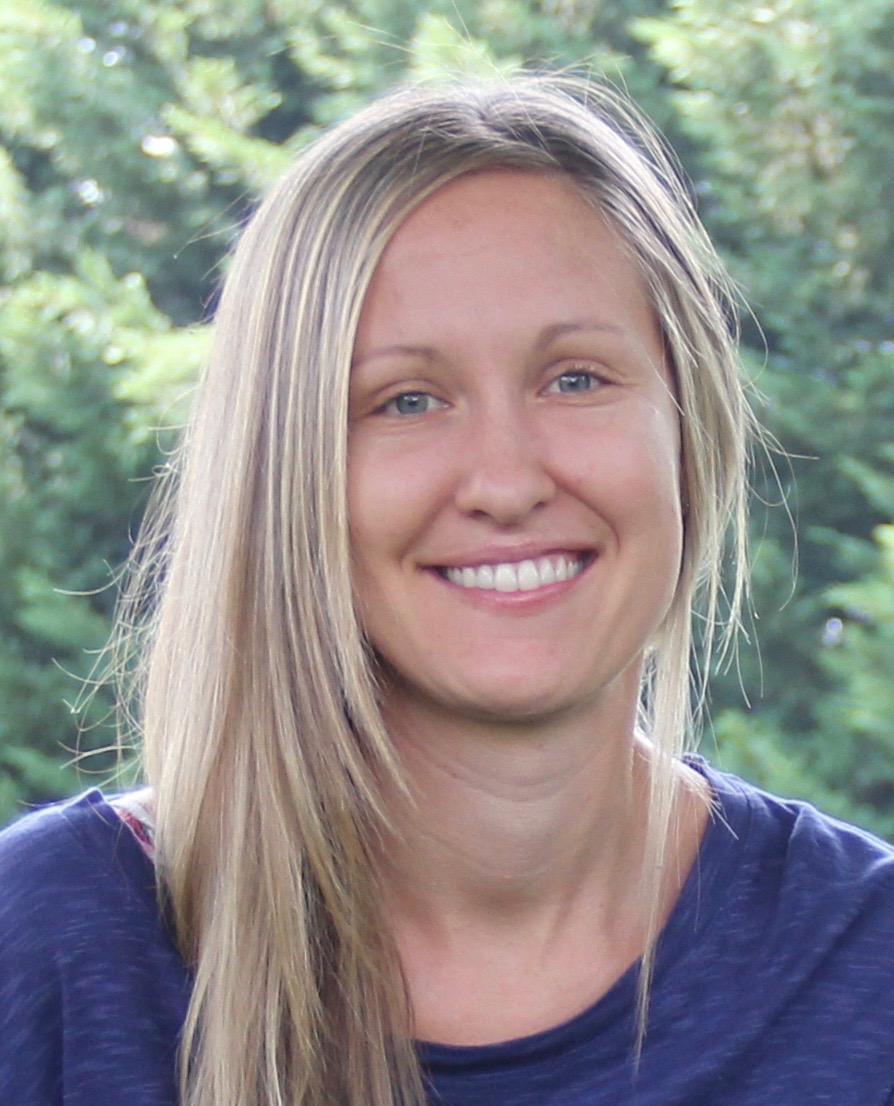 Dr. Erin Hanan (phonetic: hay-nin) | she/her
Dr. Erin Hanan (phonetic: hay-nin) | she/her
Associate Professor of Fire Ecology
Erin studies interactions among plant, soil, and hydrologic processes in arid and semi-arid systems. Disturbances such as wildfire, insect outbreaks, and forest clearing, play an important role in these dynamics, and in many ecosystems, disturbance events are becoming more frequent and severe in response to climate change and growing human populations. She uses use process-based models, remote sensing, and empirical analysis to answer questions about how climate change will affect future fire regimes, how these shifts will alter biogeochemical and ecohydrologic processes, and how we can mitigate the effects of climate change through management.
Postdocs
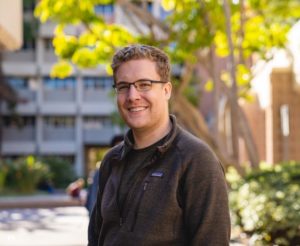 Dr. William Burke | he/him
Dr. William Burke | he/him
Postdoctoral Scholar
Dr. Burke’s research is broadly focused on understanding the ecohydrologic effects of fuel treatments. Specifically, his research uses ecohydrologic modeling to assess how fuel treatments can and will affect forests, water, and fire. His research looks to answer: if fuel treatments are going to be an increasingly common part of our forest management, how are those treatments altering our landscapes and affecting resources we care about? William is also interested in model development and creating tools and functionality to improve our processes-based modeling of fuel treatments and more.
Dr. Ayalkibet M. Seka
Postdoctoral Scholar
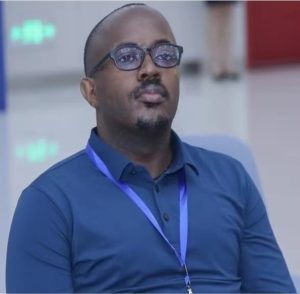 Dr. Seka earned his PhD in remote sensing of hydrology from the University of Chinese Academy of Science, with a major in cartography and GIS. He has extensive experience in basin water resource management. His areas of expertise include watershed modeling, climate change impacts, disaster monitoring and future prediction, sediment dynamics, remote sensing, river basin management, and ecohydrology. In his teaching and research, Dr. Seka aspires to relate scientific concepts to local indigenous knowledge. Dr. Seka’s research earned him an excellent graduate student award from the Chinese Academy of Science in 2023. His current research focuses on modeling changing fire regimes and their effects on Great Basin carbon dynamics and ecohydrological processes. He is also interested in applying machine learning and other statistical learning algorithm to hydrology and disaster management.
Dr. Seka earned his PhD in remote sensing of hydrology from the University of Chinese Academy of Science, with a major in cartography and GIS. He has extensive experience in basin water resource management. His areas of expertise include watershed modeling, climate change impacts, disaster monitoring and future prediction, sediment dynamics, remote sensing, river basin management, and ecohydrology. In his teaching and research, Dr. Seka aspires to relate scientific concepts to local indigenous knowledge. Dr. Seka’s research earned him an excellent graduate student award from the Chinese Academy of Science in 2023. His current research focuses on modeling changing fire regimes and their effects on Great Basin carbon dynamics and ecohydrological processes. He is also interested in applying machine learning and other statistical learning algorithm to hydrology and disaster management.
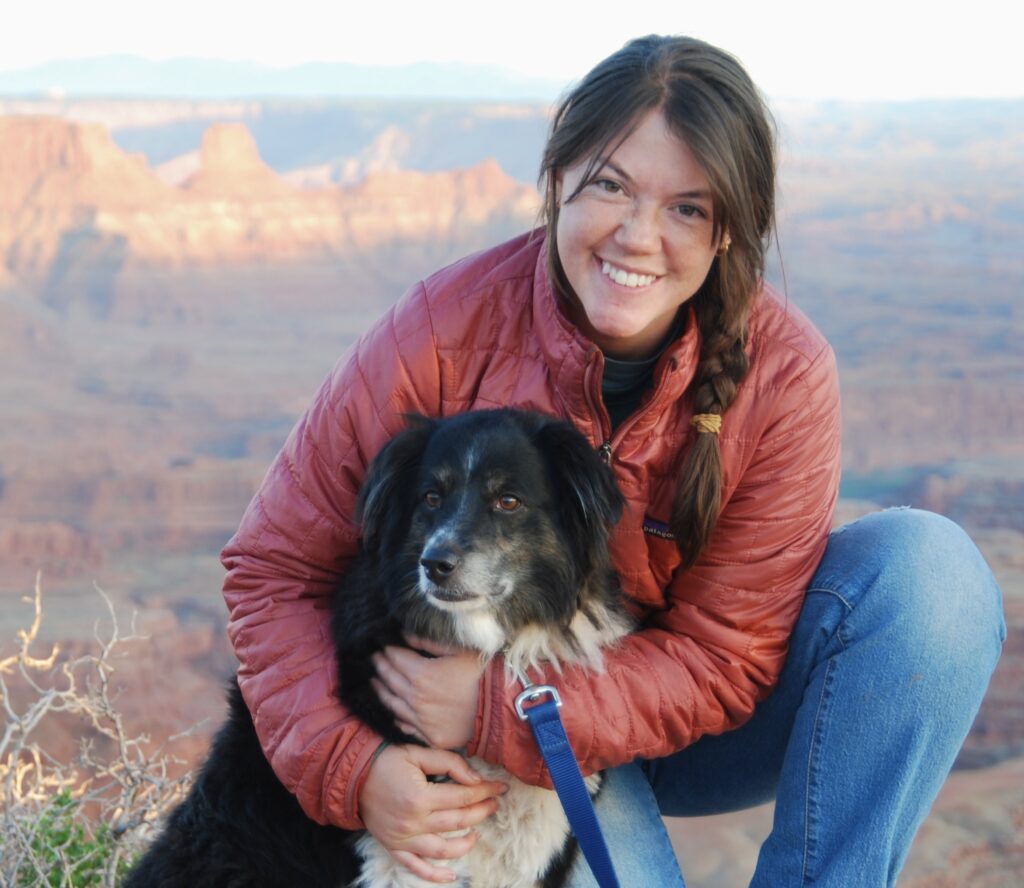 Dr. Ash Cale | she/her
Dr. Ash Cale | she/her
Postdoctoral Scholar
Dr. Cale’s research explores how climate change and forest management will influence fire regimes and long term carbon stability in mixed conifer forests. Through the use of remotely sensed datasets and ecohydrologic modeling she aims to understand changing wildfire behavior.
Graduate Students
Elena Cox | she/her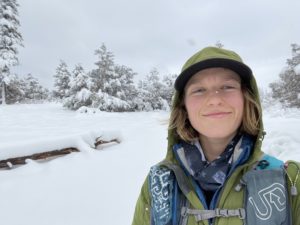
Ph.D. Student
Elena is a PhD student in the Natural Resources and Environmental Science program. She earned her BA from Pitzer College and studied soil bacterial assemblage before and after wildfire in Southern California, and spent several years working in wildfire management across the country. She is broadly interested in how severity, management, and climate change affect ecosystem response to fire. Elena’s research examines soil heating during wildfire and fire effects on soil health and microbial processes.
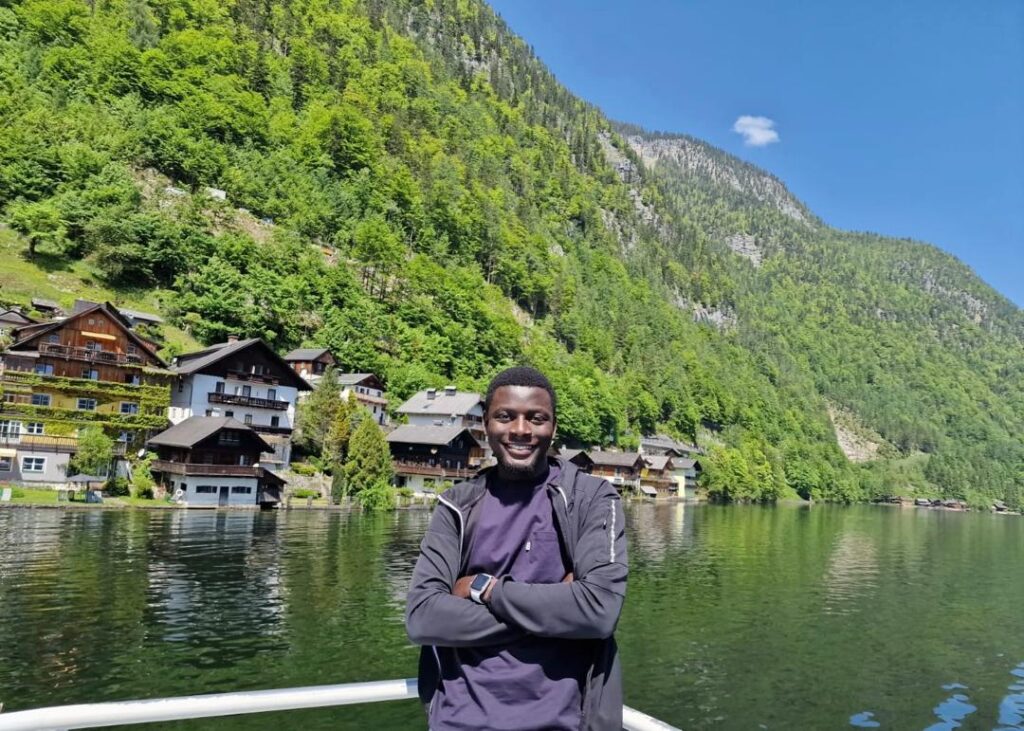 Alawode Gbenga Lawrence
Alawode Gbenga Lawrence
Ph.D. Student
Alawode Gbenga Lawrence is an emerging expert in the environmental field with a concentration in forest fire management, prevention and water security. He recently completed his Erasmus Mundus double master’s degree in European Forestry and Spatial and Ecological Modelling from the University of Eastern Finland and the University of Lleida, Spain, respectively. Lawrence is pursuing his PhD, focusing on understanding fire hazards, fire effects, and water security using various mathematical and eco-hydrological models.
Gbenga’s deep interest in fire modelling, management, and prevention has led him to conduct several research projects on forest fires. His master’s thesis, which examined the various factors that promote Mediterranean forest mega-fire containment, received high praise and was presented at the 3rd International Congress on Fire in the Earth System: Humans and Nature (abstract link here).
Throughout his academic journey, Alawode has received numerous accolades and recognitions for his outstanding scholarly achievements. He graduated with first-class honours, achieving the top position in his bachelor’s program, and subsequently received a distinction for his master’s degree.
In addition to his professional achievements, Lawrence is passionate about discussing environmental management and conservation with young people, foresters, and environmentalists. Outside of his academic pursuits, Lawrence enjoys hiking and reading history books.
Lab Alumni
Dr. Maxwell Kay Strain | they/them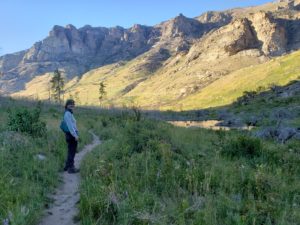
Ph.D. 2024, Ecology, Evolution & Conservation Biology
Kay’s dissertation explored how grass invasion and wildfire interact with a changing climate to influence ecosystem function. Specifically, they studied (1) how water limitation and burn severity interact to influence ecosystem N uptake after wildfire, 2) how drought influences patterns of root exudation in cheatgrass (Bromus tectorum), and how root exudation in turn influences soil C and N cycling, and 3) how changing climate and grass invasion influence patterns of water and N export at watershed scales.
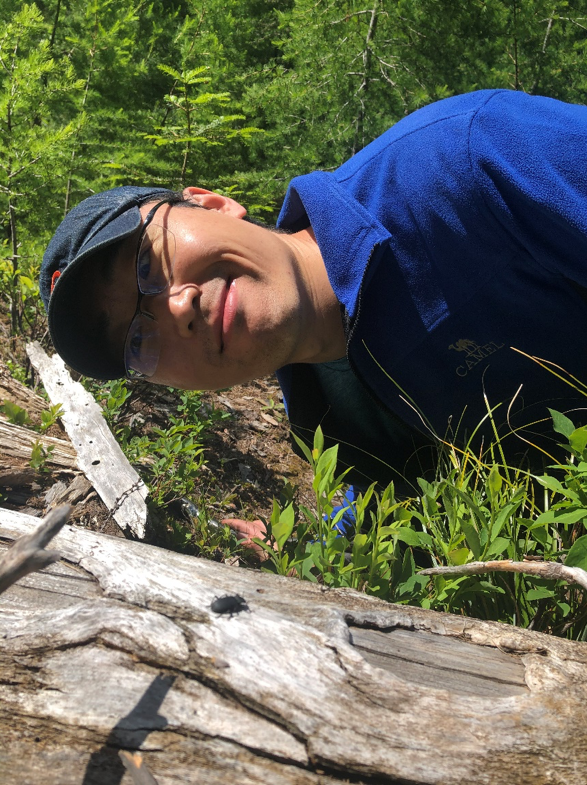 Dr. Jianning Ren | he/him
Dr. Jianning Ren | he/him
Postdoctoral Scholar 2020-2023
Ning completed his PhD in Civil and Environmental Engineering at Washington State University and was a postdoctoral scholar at UNR from 2020 to 2023. His postdoc research focused on understanding how precipitation variability and nitrogen deposition influence nitrogen export in drylands. He is also interested how climate change, bark beetle outbreaks, and land use change influence water resource management at regional and global scales. Personally, he likes reading, hiking, running, sleeping, exploring new hobbies, and staring into space.
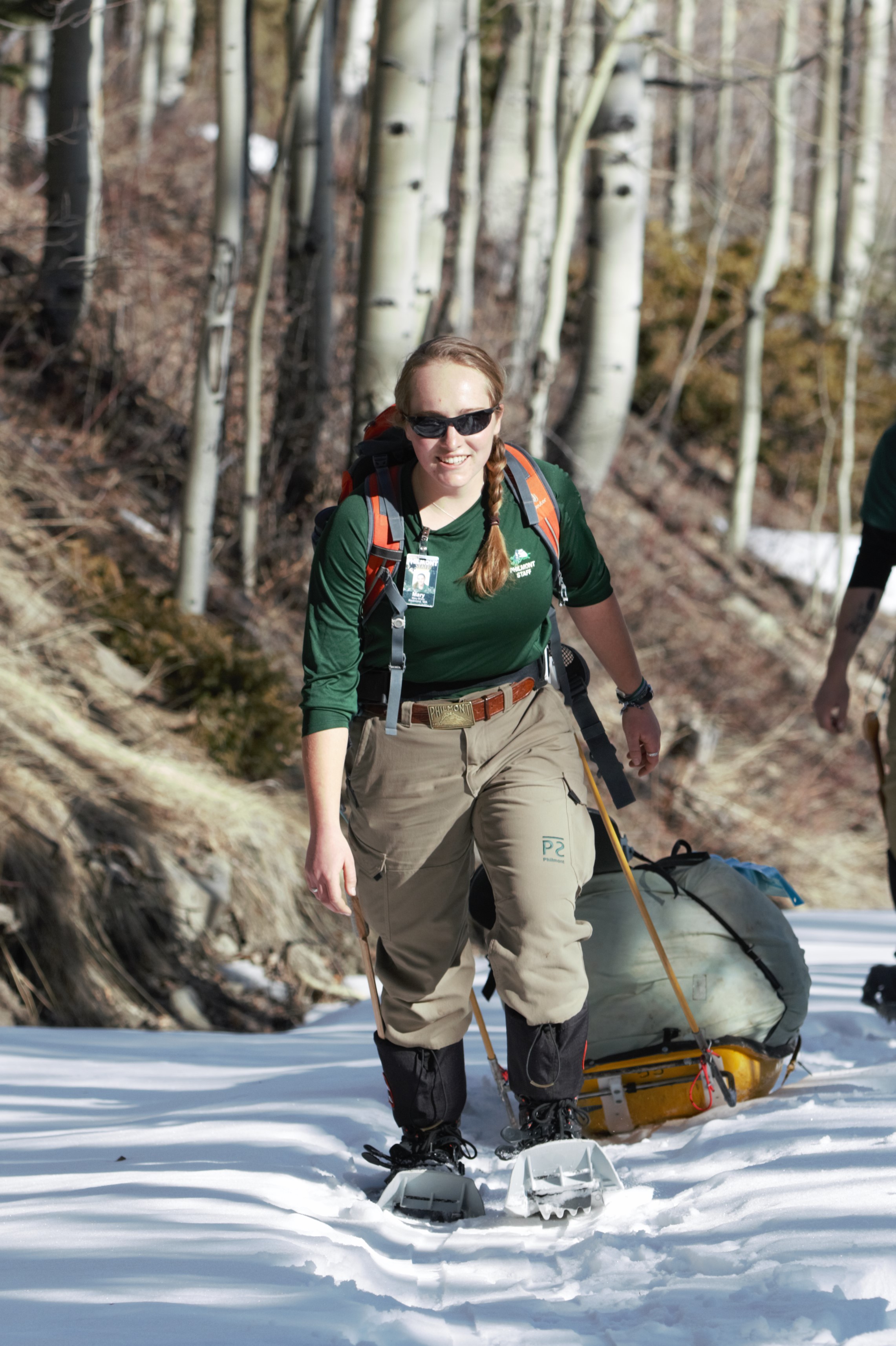 Mary Brady | she/her
Mary Brady | she/her
M.S. 2021, Natural Resources and Environmental Science
Mary’s thesis focused on (1) how fire severity and seasonal moisture variability interact to affect postfire nitrogen cycling in the Sierra Nevada, and (2) how we can advance wildfire research beyond indirect metrics of fire severity using a novel model (Soil Heating in Fire; SheFire), which estimates heating with depth and predicts its effects on soil organism survival (seeds, root tissue, proteins, etc.).
Honorary lab members

 Lola & Beaker
Lola & Beaker
Research interests: Strategies for disturbing the slumber patterns of Homo sapiens